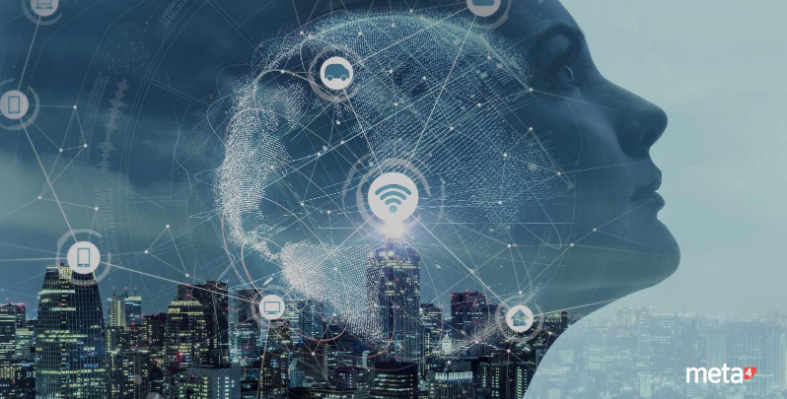Ethical perplexities of Big Data
The ability to collect information, systematize it, and establish correlations between huge volumes of data offers us a very powerful tool for understanding and predicting people’s behaviours. The digital footprint that people are incessantly leaving behind through their professional and personal pursuits enables systems accessing such information to portray a realistic image of our decisions and preferences. This is what we call the traceability of human life.
Interest in mass information is not just, nor primarily, academic or scientific. By analysing recurring patterns, algorithms of Big Data systems can predict future decisions. The possibilities in the commercial, political and social spheres are evident. This we usually articulate vividly with the expression that the new scary movie is not about “I know what you did last summer”, but “I know what you will do next summer”. Some people are worried that a system does not just provide information about what they did in the past, but also anticipates what they will do in the future. In fact, governments have expressed their concern over issues affecting the privacy of citizens.
The debate around the ethical issues on how we use the tools that we are capable of creating is as old as humanity. Ever since we developed the flint axe, mankind is faced with the choice of using it to build or to destroy. Tools, including Big Data, are neither good nor bad morally speaking. How we use them is what makes them good or bad.
Those who defend the use of algorithms and artificial intelligence for mass data handling argue that Big Data, like any tool, can be used to our benefit or to our detriment. In their opinion, there is a beneficial use, insofar as it filters out all irrelevant information, while offering everything and only what the user / client / citizen wants to receive: Google searches are more accurate and pertinent, sales offers match our interests, highlighted posts in our social media connect better with our preferences. Besides, a Big Data system has no interest in knowing who we are, only in finding out what we are, that is to say, what is the profile that defines us as consumers, employees, citizens…. Whatever exists underlying this entire set of objective characteristics concurring in an individual is something irrelevant to the system. The unique and unrepeatable elements of our identity are safe, because strictly speaking no algorithm can systematize them.
Big Data and HR
Big Data is fuelled by huge volumes of quality data. So, those who prefer to use Big Data are technology companies whose business is precisely to collect (and sell) data: Google, large social networks, as well as traditional companies handling mass information, such as telecommunications companies, banks and other utilities.
Technically, it cannot be said that HR departments resort to Big Data, as the Professor and Director of the Wharton’s Centre for Human Resources, Peter Cappelli, points out. Even in large organizations with thousands of employees, the volume of information they handle does not reach the required level. Indeed, increasingly sophisticated HCM (Human Capital Management) tools are used that include artificial intelligence systems. We predict progressive implementation of such systems, insofar as they will improve efficiency in people management processes and objectivity in decisions affecting our employees.
However, those who already use HCM tools have identified some shortcomings, of which I highlight one: they do not help to manage talent (53% of respondents). Most likely, this is not circumstantial owing to the current degree of development of these technologies, but rather to structural ones. Employees, insofar as they are defined by a set of objective characteristics, can be managed in plural by classes or segments. But people, and more specifically their talent, are only managed individually, one by one.
The most advanced technology tools need to be complemented by management of high calibre. Tools help, but do not replace excellent managers. Let’s leave the Big Data to systems and let’s take care of Deep Data ourselves in that sphere of managerial activity where sensitivity and empathy some people have with others mark the difference.






